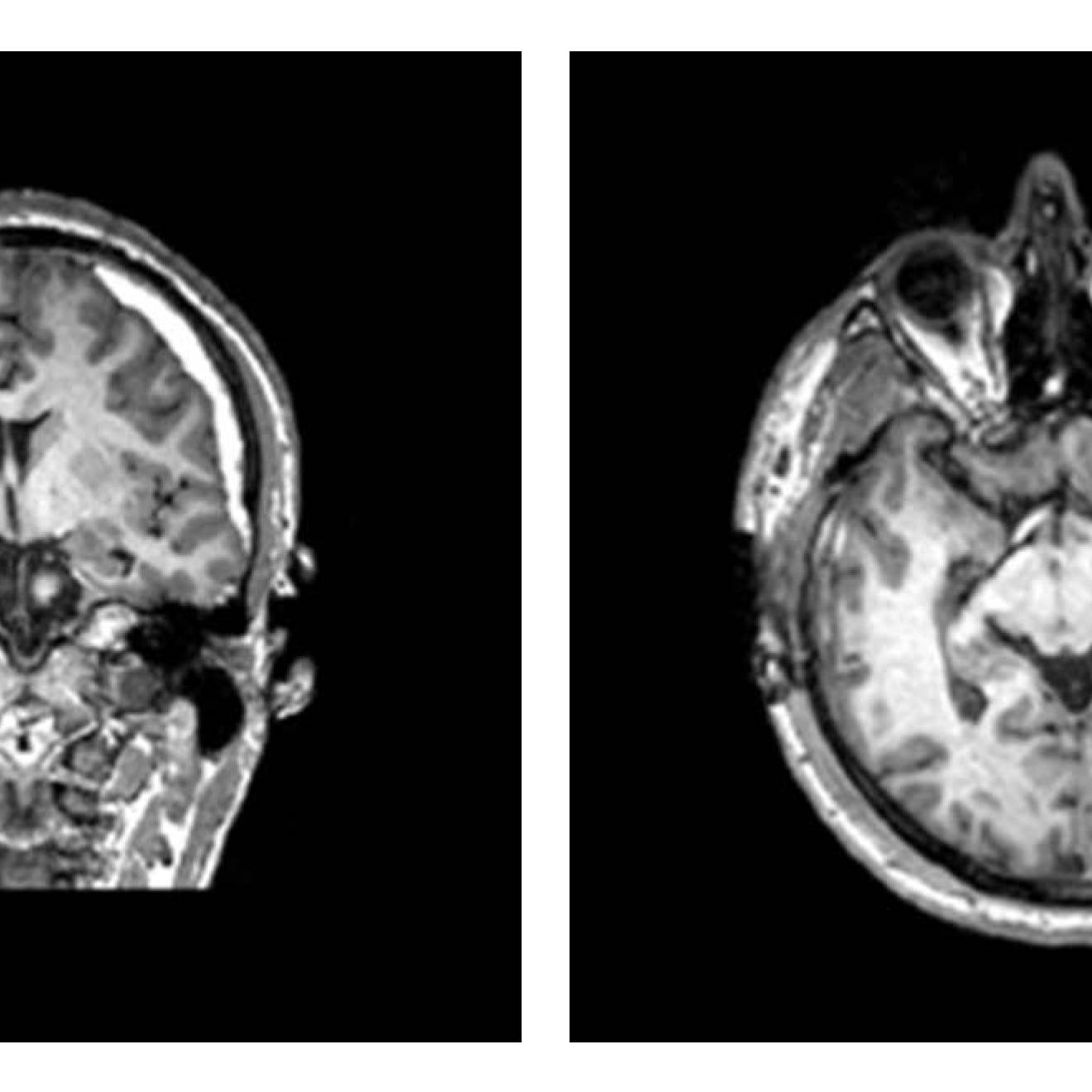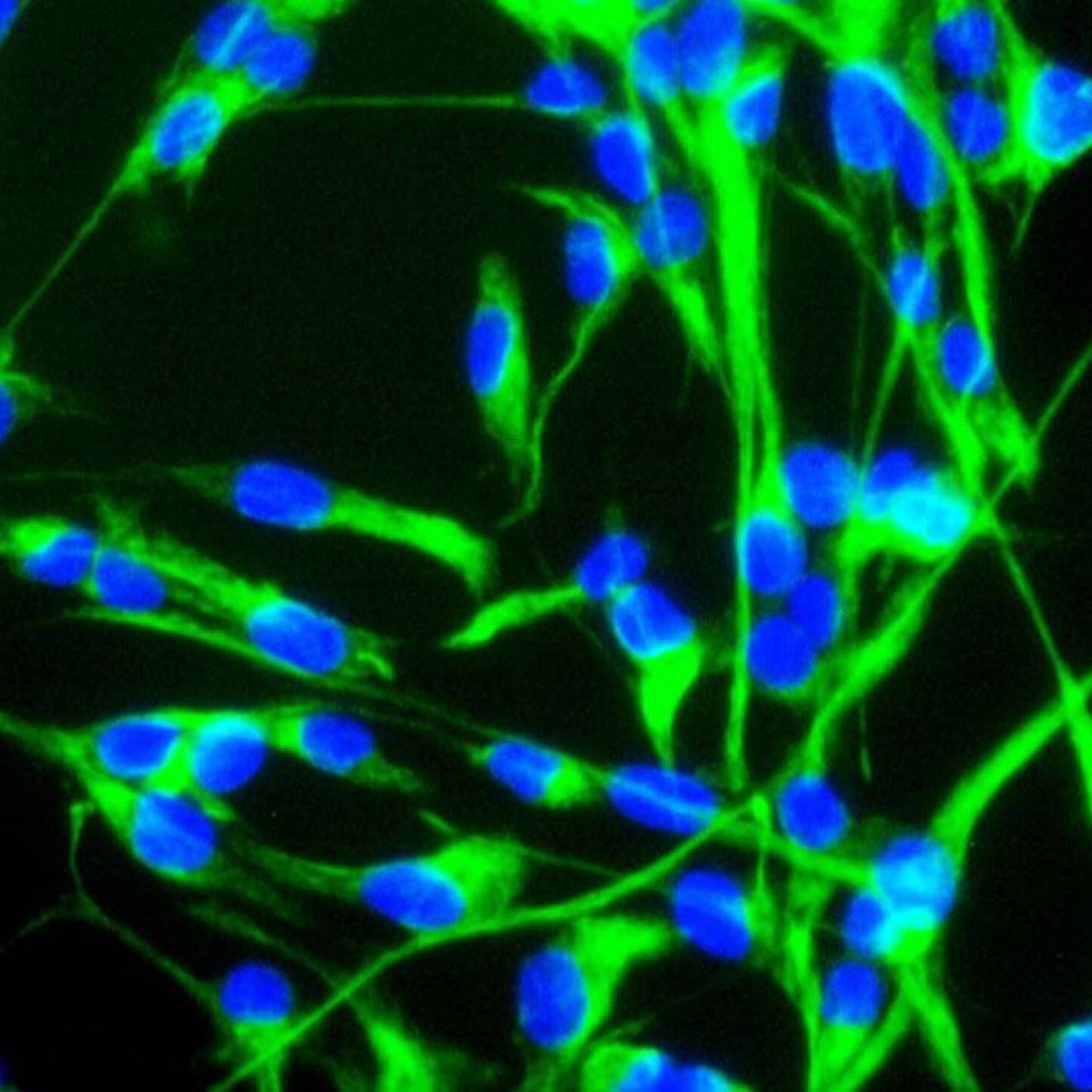Julia Busiek, UC Newsroom
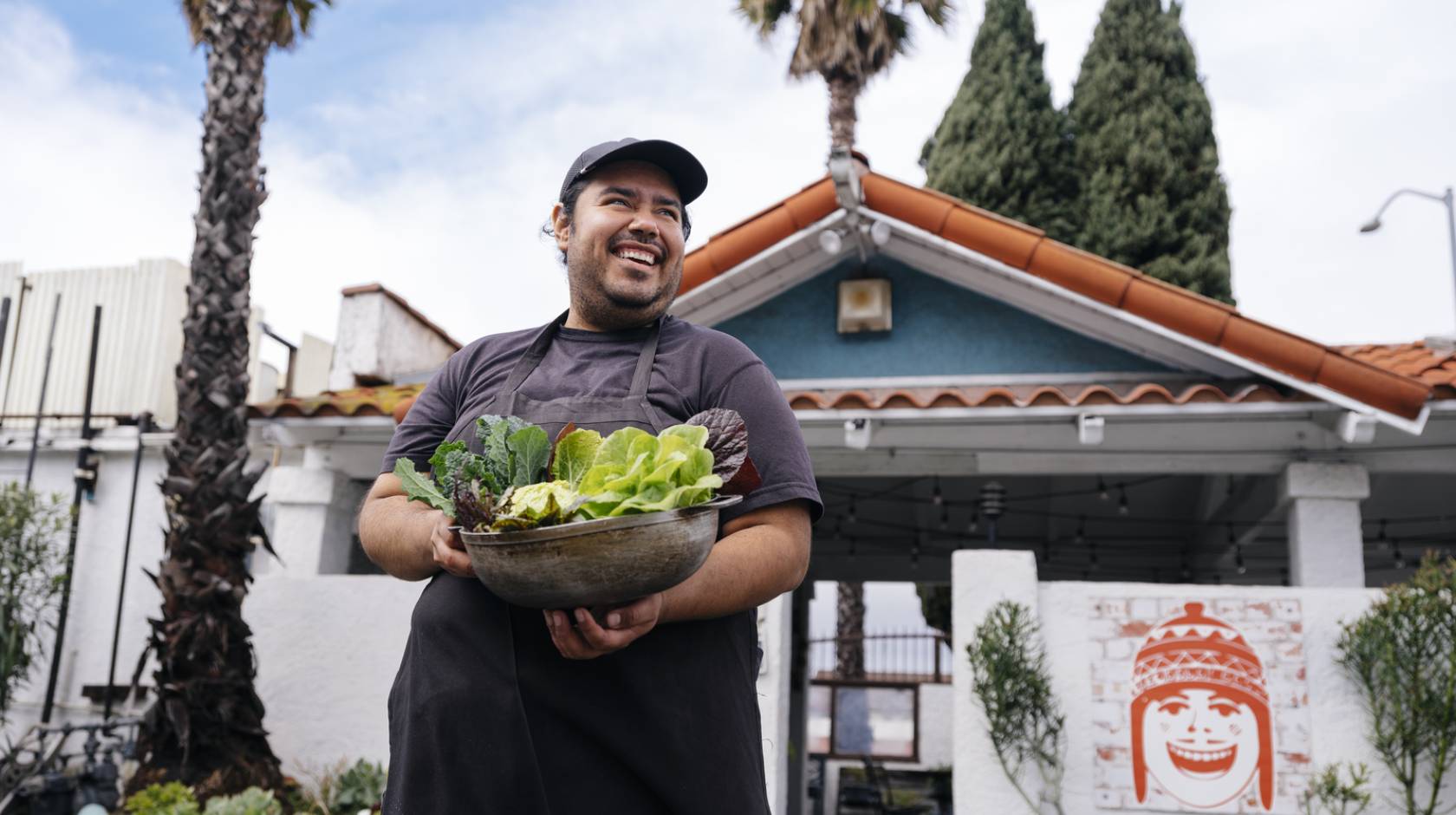
Arianne Teherani has a loud, clear message for the negotiators at COP28: “Climate change is undermining human health, fundamentally, all over the world, right now.”
Teherani, a professor at UC San Francisco and founding codirector of the UC Center for Climate, Health and Equity, is among dozens of experts representing the University of California at the UN’s marquee annual climate convention, which kicks off today in Dubai. She and her fellow UC delegates will spend their time at the two-week event working to get science-based information in front of government officials representing nearly every nation on earth. These officials come to COP28 (short for the 28th Conference of the Parties to the United Nations Framework Convention on Climate Change) to hash out agreements on issues like a global “loss and damage fund” to compensate poor nations for climate damages suffered as a result of rich nations’ carbon emissions.
UC is an official observer organization at COP28, so Teherani and her colleagues will have access to many of the meetings where these consequential decisions are made. They’ll take the mic, submit written comments, staff exhibits and host events and press conferences to share what their research has revealed about everything from atmospheric rivers to zooplankton.
“The observers are the glue that brings those decision makers together and allows them to tap into evidence to base their policies on,” says Wael Al-Delaimy, an environmental epidemiologist and professor at the Herbert Wertheim School of Public Health and Human Longevity Science at UC San Diego who’s attending the first week of COP28. “Coming from academia, we see ourselves as the resource for those who are making the decisions.”
Climate change is a health emergency
Since the first UN global climate negotiations in the early 1990s, contributions from observer organizations like UC have played a key role in shaping the world’s response to climate change. But considering the dire and universal threats climate change poses to human health, Teherani and her fellow health experts in UC’s delegation say that COP’s structure and leadership have never adequately considered the health implications of the climate crisis.
“I’ve been to COP, and I can tell you that health sits in a parallel world to the rest of the negotiations. It's really not integrated,” Teherani says.
As the calendar winds down on the planet’s hottest year on record and nations take stock of climate shocks that have killed and harmed their citizens, that might finally be starting to change. For the first time ever, COP will feature a full day of programming dedicated to health. On Sunday, Dec. 3, experts and advocates from UC and around the world will have a chance share what they know about how climate change is already costing people their health and well-being.
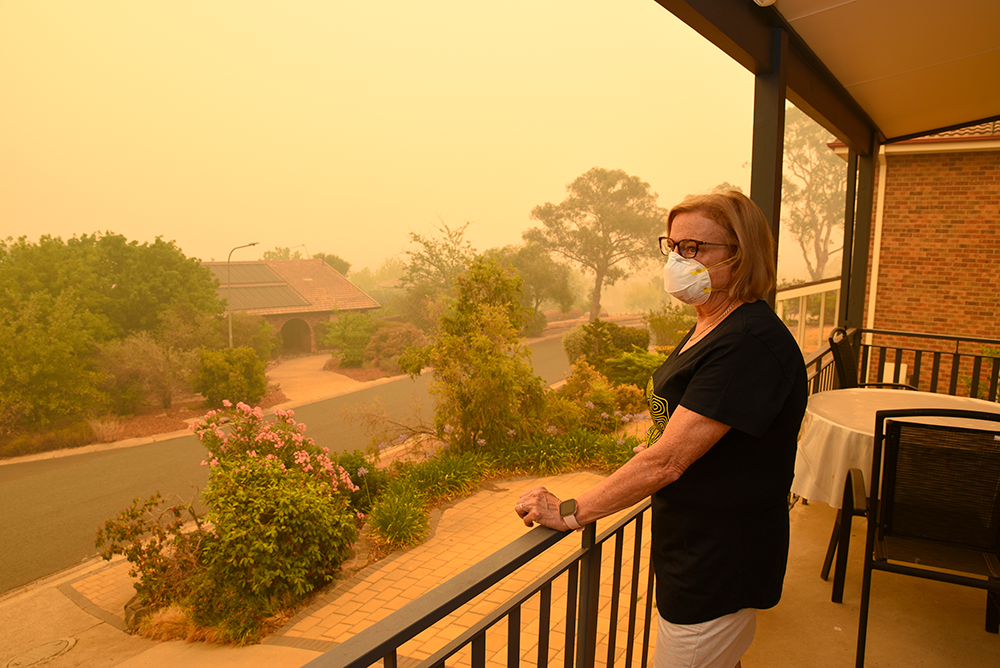
Teherani and her colleagues from the UC Center for Climate, Health and Equity will cohost an event with the University of Arizona and institutions in Tanzania, Italy, and India on Dec. 3 focused on strategies to accelerate research and sustainable development in water and health infrastructure. They’ll also hold a press conference to discuss the role of academic health centers in fighting climate change and its effects on communities. Through these events and in informal conversations throughout the week, they’ll emphasize that many of the steps we need to take to reduce greenhouse gases — what climate experts refer to as “mitigation” — can produce direct health benefits for people right away.
Take something like designing cities to be more walkable. If people don’t need to drive to get where they’re going, they’ll dump less carbon into the atmosphere, and they’ll also be getting exercise that can stave off chronic conditions like heart disease and depression. “We don't focus enough on the health benefits of mitigation, but a health-based argument can lend a lot of weight to decisions to mitigate,” Teherani says.
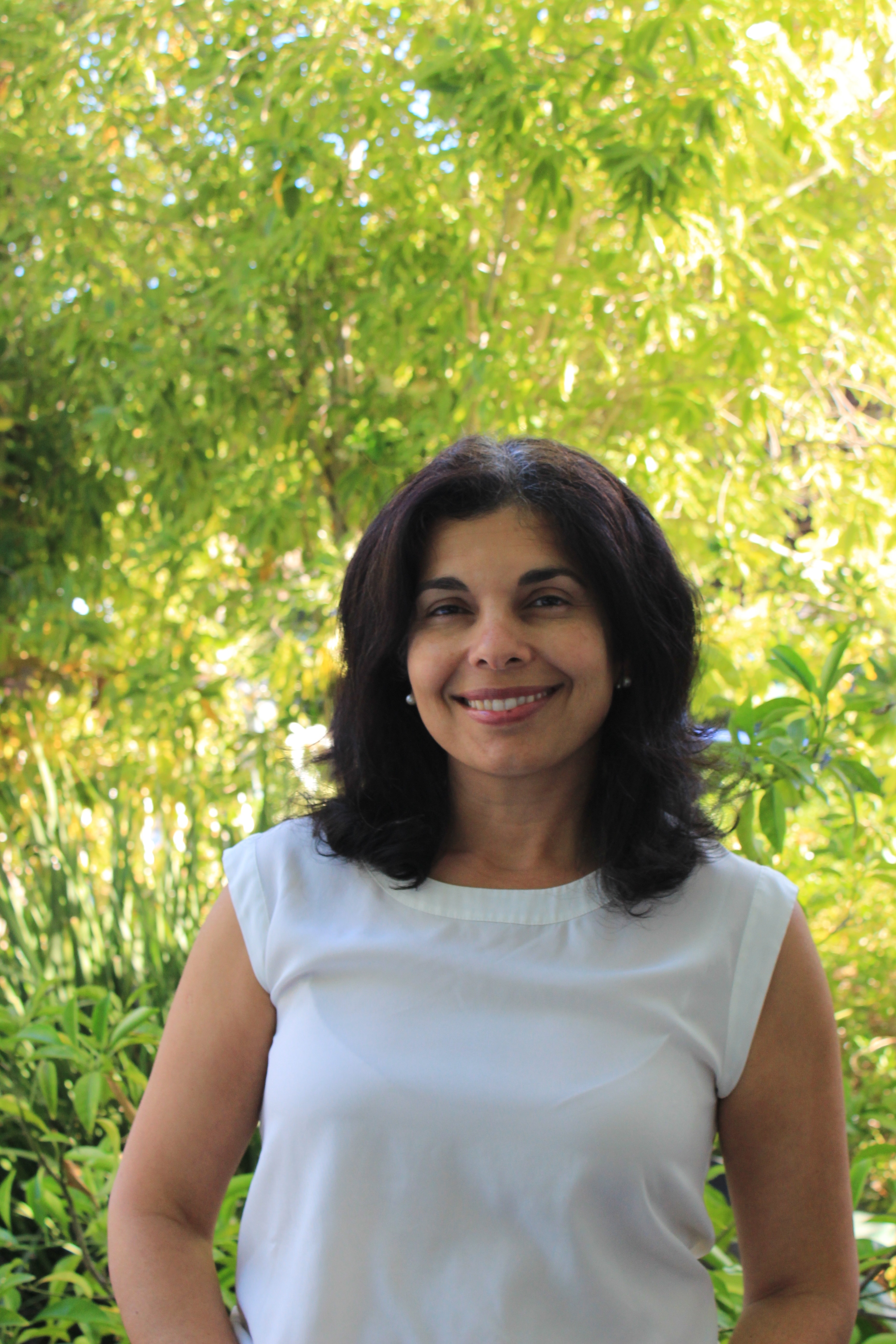
Arianne Teherani, professor of medicine and education at UC San Francisco and cofounder of the UC Center for Climate, Health and Equity.
A health emphasis is late, but late is better than never
“Health professionals and health researchers came late to the climate change game,” Al-Delaimy says. Since scientists first started sounding the alarm about global warming in the mid 20th century, “everybody has been looking at, you know, Antarctica, the animals, the ecology side of this.”
“The health threats seemed like they were far off — until we began to have more severe flooding, more severity and frequency of hurricanes and wildfires. Then these threats were suddenly impossible to ignore,” he says.
As the director of the National Institutes of Health Global Center on Climate Change and Water, Energy, Food, and Health Systems and joint director of the GeoHealth Hub on Climate and Health in the Middle East and North Africa, Al-Delaimy has a busy agenda for his week in Dubai. He’s speaking at a session on improving health care systems’ climate resilience, orchestrating a summit between the health ministers for Lebanon, Jordan and Morocco, and sharing findings on climate and health as a representative of the International Society for Environmental Epidemiology.
Throughout, Al-Delaimy will be pointing to his research showing how those health threats are already shaping life throughout the Middle East. “This region is going to be the first to run out of water. They’re already seeing hazardous, record-breaking heat, drought, and low precipitation,” he says. “This is leading to civil unrest and refugee migration.”
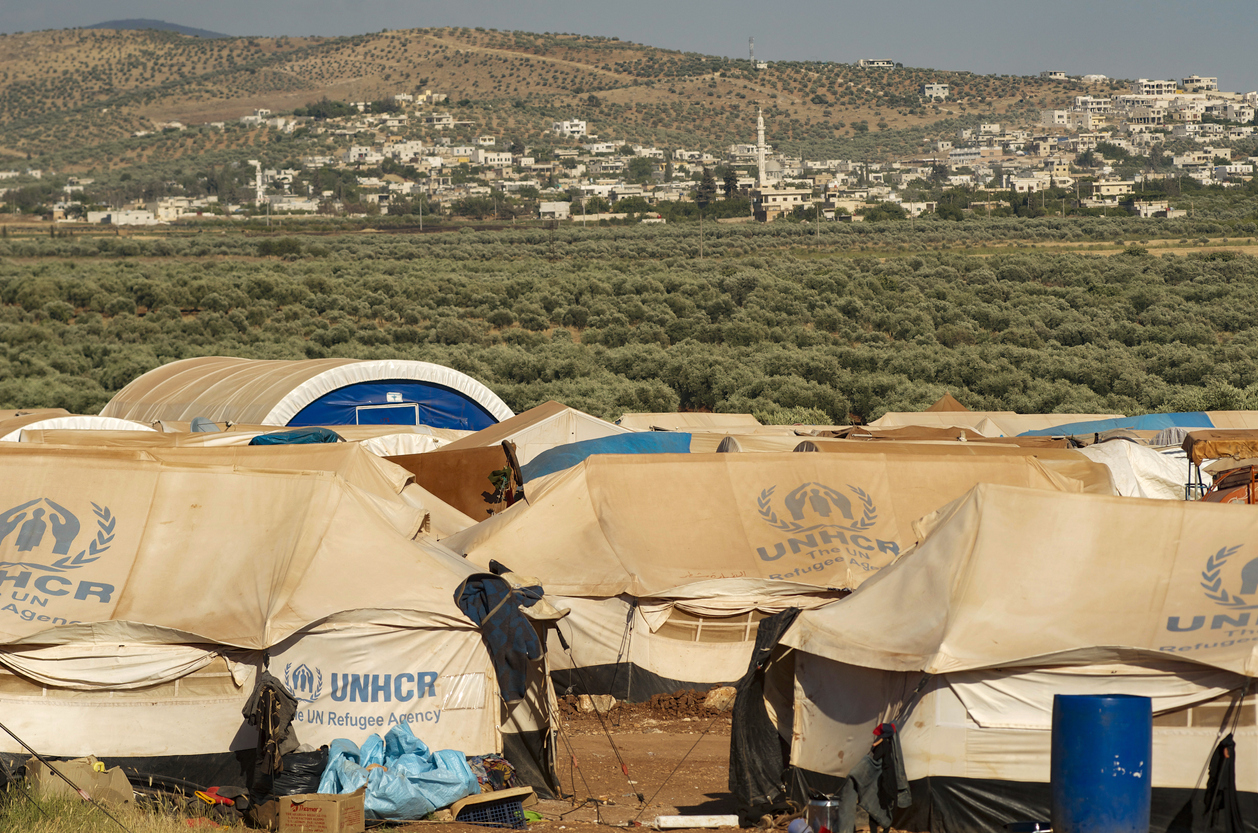
Al-Delaimy’s findings are echoed in the latest installment of the Lancet Countdown, a report on climate and health published in November. More than 100 researchers contributed to the report, which included some sobering statistics: People over 65 have experienced an 85 percent increase in heat-related deaths since the 1990s, for one. Over a million more people experienced food insecurity driven by heat waves and droughts, compared with 1981-2010. And if the global average temperature rises by 2 degrees Celsius, heat-related deaths will increase by 370 percent by 2050.
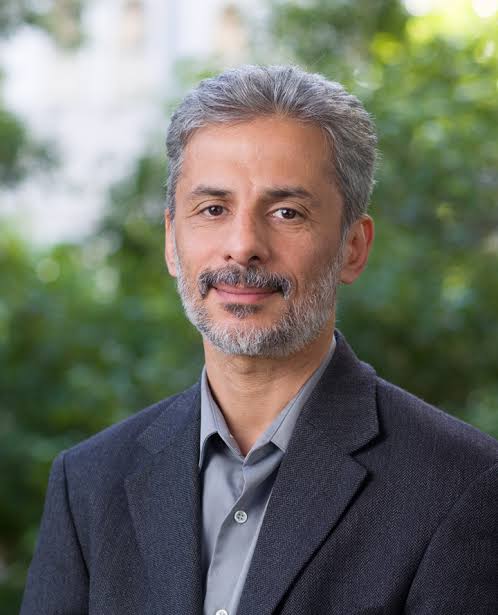
Wael Al-Delaimy, an environmental epidemiologist and professor at the Herbert Wertheim School of Public Health and Human Longevity Science at UC San Diego. He directs two large programs funded by National Institutes of Health focused on global health and climate change, making UC San Diego a leader in global public health research.
Can a focus on health motivate progress on global climate action?
Despite close to three decades of concerted global negotiations to stop global warming in its tracks, the planet is still heating up and carbon emissions continue to rise. Formal negotiations at COP28 will reckon with the results of the first “global stocktake,” an account of how well countries have lived up to the actions they pledged to take in the Paris Agreement forged during COP21 in 2015.
The stocktake report, which published in September, found that we’re way off track to meet the carbon emissions reductions goals set in Paris. Overshooting these targets is making it much harder to keep global warming under 1.5 or even 2 degrees Celsius, the level above which it may be impossible to avoid imminent, catastrophic and irreversible climate change.

Teherani and Al-Delaimy both suspect a connection between the sluggish response to mounting evidence of doom and the fact that human health has yet to fully emerge as a focus of climate action.
“The most important conversation is how we get off fossil fuels. The conversation does have to start there,” Teherani says. But if world leaders and everyday people had a better handle on the health implications of climate change, she believes we’d start to see faster progress toward cutting the fossil fuels that are causing the climate crisis. “Health is a very personal thing for every human being. And when you realize that your health and the health of your loved ones is going to be affected because of what's happening with the climate, that solidifies the reality of what we’re facing.”
